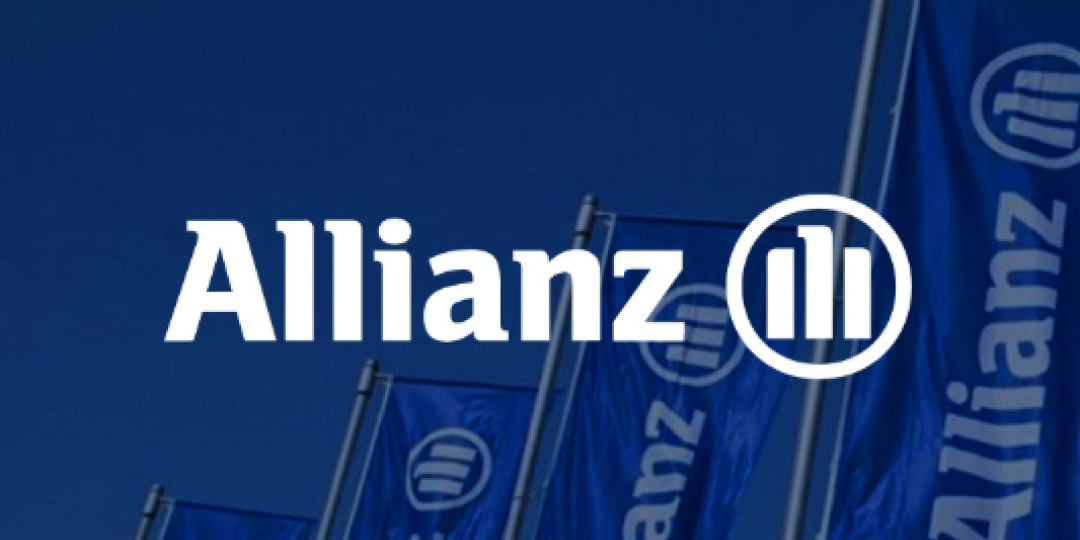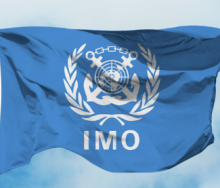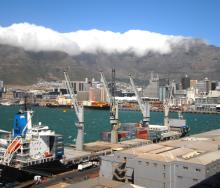Cyber concerns have emerged as the top business risk in 2025 among large, mid-sized and smaller companies – with data breaches of particular concern, according to the recently released Allianz Risk Barometer 2025.
Climate change hit a record high, while business interruption is also a main concern for companies of all sizes, ranking #2.
After another heavy year of natural catastrophes in 2024, this peril remains #3, while the impact of a super-election year, rising geopolitical tensions and the potential for trade wars mean changes in legislation and regulation are a top five risk at #4.
The biggest riser in this year’s barometer, which is based on the insights of more than 3 700 risk management professionals from 100+ countries, is climate change, from #7 to #5, achieving its highest-ever position in 14 years of the survey.
While large corporates and mid-size and smaller businesses all perceive cyber incidents as their #1 business risk, there are significant differences in the rest of the ranking.
In Africa and the Middle East, the top risks are cyber incidents, followed by changes in legislation and regulation. Macroeconomic developments rank 3 and are a higher concern for African businesses than elsewhere (rank #7 globally, down two positions year-on-year). Theft, fraud and corruption and critical infrastructure blackouts are also bigger concerns for these firms than in other regions.
The report also explores the top risks for 14 countries in the Africa and Middle East region: South Africa (cyber is the new top risk. Shortage of skilled workforce #9 and macroeconomic developments #10 are new entries in the top 10), Nigeria (power blackouts is a new entry in the top 10 risks at #4, while business interruption #5 is also up year-on-year) in Cameroon, Ghana, Ivory Coast, Kenya, Mauritius, Morocco, Senegal, Uganda, and four new additional countries (Burundi, Madagascar, Zambia and Zimbabwe).
Allianz commercial chief underwriting officer, Vanessa Maxwell, points out that 2024 was an extraordinary year in terms of risk management.
“The results of our annual Allianz Risk Barometer reflect the uncertainty many companies around the globe are facing right now.
“What stands out this year is the interconnectivity of the top risks. Climate change, emerging technology, regulation and geopolitical risks are increasingly intertwined, resulting in a complex network of cause and effect. Businesses need to adopt a holistic approach to risk management and consistently strive to enhance their resilience, and we are expecting that risk mitigation and building resilience in order to address these fast-evolving risks.”
Business interruption (BI) has ranked either #1 or #2 in every Allianz Risk Barometer for the past decade and retains its position at #2 in 2025, with 31% of responses. BI is typically a consequence of events like a natural disaster, a cyberattack or outage, insolvency or political risks like conflict or civil unrest, which can all affect the ability of a business to operate normally.
Several examples from 2024 highlight why companies still see BI as a major threat to their business model. Houthi attacks in the Red Sea led to supply chain disruptions due to the rerouting of container ships, while incidents such as the collapse of the Francis Scott Key Bridge in Baltimore also directly impacted global and local supply chains. Those disruptions caused major economic damages, ranging from 5% to 10% of product costs and additional downtime impacts.













